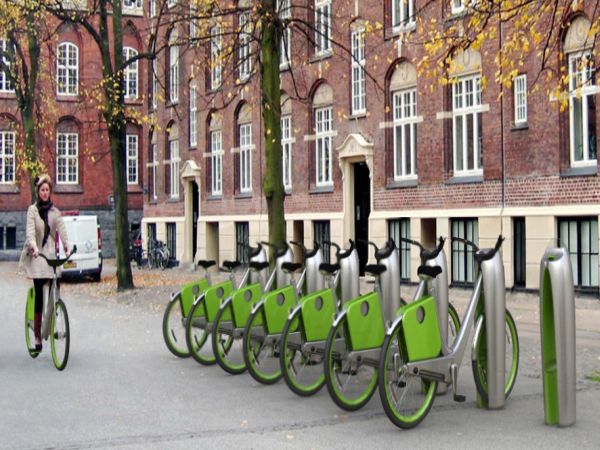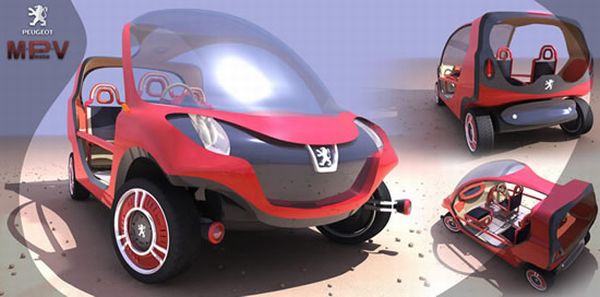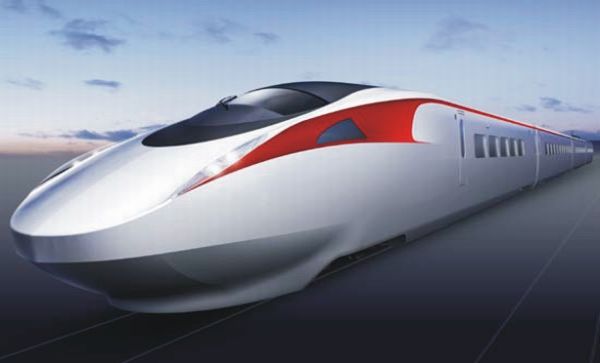Copenhagen is known for its green image. In Europe and out side, the city propagates the message that Copenhagen is safe for bikers and its fun to roam around in bikes within the city vicinity, for serious commuters and tourists. However, only saying doesn’t do any work. You need to have a comprehensive network of bikes, bike stations and maintenance to make things happen.

At present, Copenhagen Bike Share, with near 2500 bikes, suffers from problems typical to existing bike share systems in other cities. Let’s take a look at the situation:
Problems
1. Coin dispenser based bike share system works on minimal deposits. With negligible money at risk, people hardly bother to take care of the bike they take from stations. This raises the incidents of damages, losses and thefts.
2. Space for bike station itself is a problem. Stipulations on checking in the bikes at stations hurt the free flowing image of city biking. Often people in hurry find it as a burden.
3. Self sustenance is still not viable and bike share systems need continuous government and non profit private support.
4. Copenhagen city has devised a way to deter loss and theft issue. At present you are not allowed to take the bike outside the 9 square kilometer city zone. There is provision of charging fine of DKr 1000 in case you violate the city zone with share bikes. However, this doesnât stop bike theft.
Solutions
Specific solutions have emerged for problems, the cityâs bike share is suffering from.
1. Coin dispensing system should be replaced by card swipe system. Cards could be smart card designed for bike share systems or credit card or debit card. In case of smart card it should contain details of commutersâ identification. So that in case of loss or non return, authority can recover the loss from the person.
2. Bikes under share system should look distinctive and visibly different. The prospective buyers would be aware of illegal status of the bike if they are approached with stolen bikes. This would pose major disincentive for miscreants.
3. Bikes should be digitally connected with stations and docking systems. With GPS network, authority could track bikes. Besides, they would have idea regarding distribution of bikes and their operational status across different bike stations.
4. Each bike should have digital service unit which would inform biker on city routes, maps, biking charges, hours of biking done, nearest docking station etc. Such information would help tourists and regular commuters to plan their city rides better.
5. Government cannot pour in money till unforeseeable future. Advertising money to fund maintenance and cost of new bikes is a good way to sustain. Membership money could be another funding avenue. Besides, bike share systems can charge riders on hourly basis with attractive waiver for 1st hour. This would promote sincerity among bikers and multiple usage of a bike per day.




